culture, hojicha, japanese food, latte, roasted green tea
Hojicha: The Perfect Ingredient to Flavor Sweets and Drinks!
Karina Ikedo
Posted on December 27, 2022
Share:
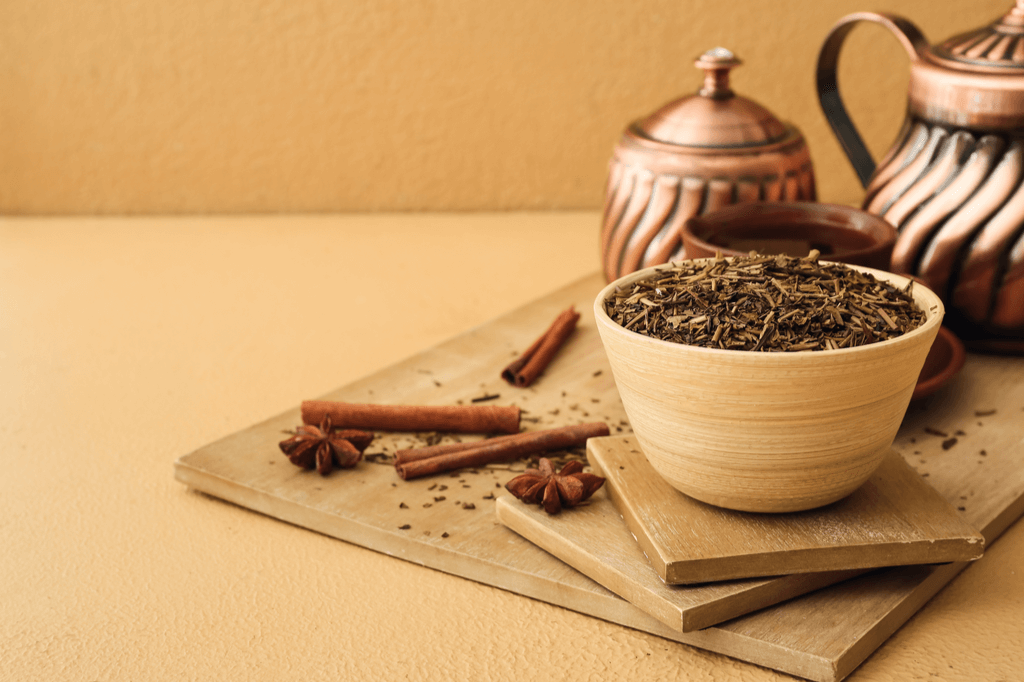
Hojicha tea is a delightful beverage but tastes even better with dessert. Therefore, if you don’t know what to do with all your tea, why not sip an excellent drink and indulge in a delicious dessert?
The beauty of powdered Japanese green teas is their versatility in cooking and making drinks. In this case, the hojicha’s roasted and earthy flavors put a comforting, nutty spin on any treats and beverages. Keep reading as we take you through the best sweets and drinks that feature roasted green tea!
What is Hojicha?
This tea is a popular Japanese beverage created from green tea leaves or stems that originate from sencha green tea. It has a reddish-brown color and is bitter when roasted.
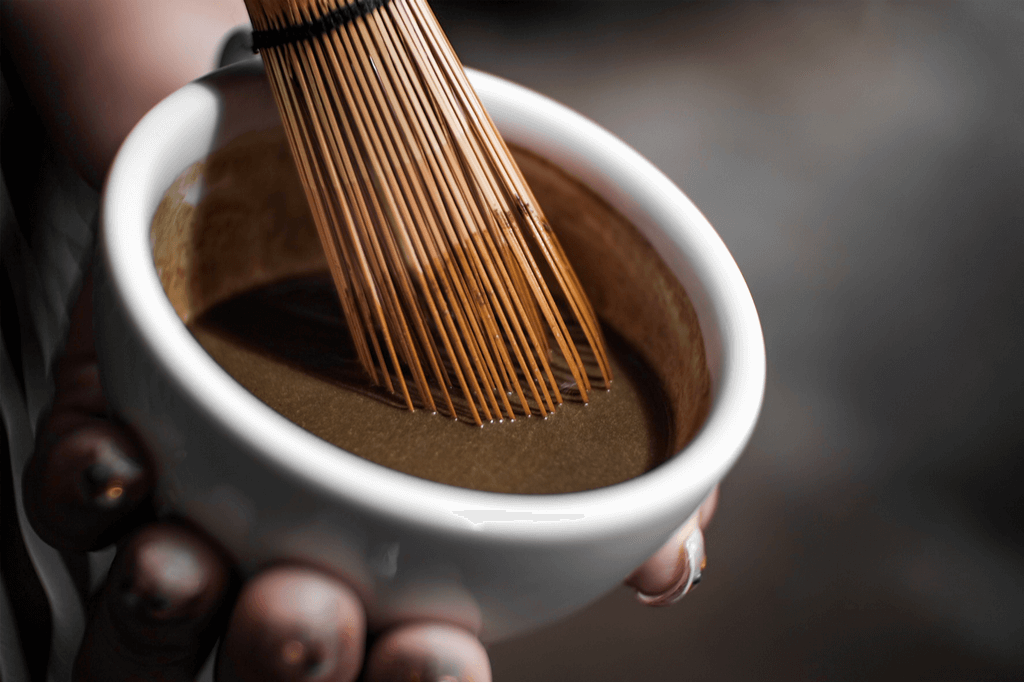
Hojicha is rich and mellow with roasted hazelnut notes, pipe tobacco, burnt brown sugar, and light smoke. It’s incredibly fragrant when brewed. This tea is frequently consumed in Japan with sushi or as a meal-ending beverage.
Sweets that feature Hojicha
Pudding
A decadent dessert made from roasted green tea is perfect for an afternoon treat. The pudding’s consistency and mellow notes pair well with the roasted notes of hojicha powder. You can make a lovely, fluffy dessert with whipped cream and a sprinkle of chocolate shavings!
Mochi brownies
The mochi gives the brownies a Japanese twist, and the chewier texture perfectly complements the hojicha flavor. Generally, the glutinous rice flour changes the surface, making a unique flavor like hojicha stand out. Hojicha’s robust toasted flavor blends beautifully with the mochi’s mild sweetness and delightful chewiness.
Marbled pumpkin bread
This delicious sweet bread is made by delicately marbling the plain and hojicha batters in a loaf pan.
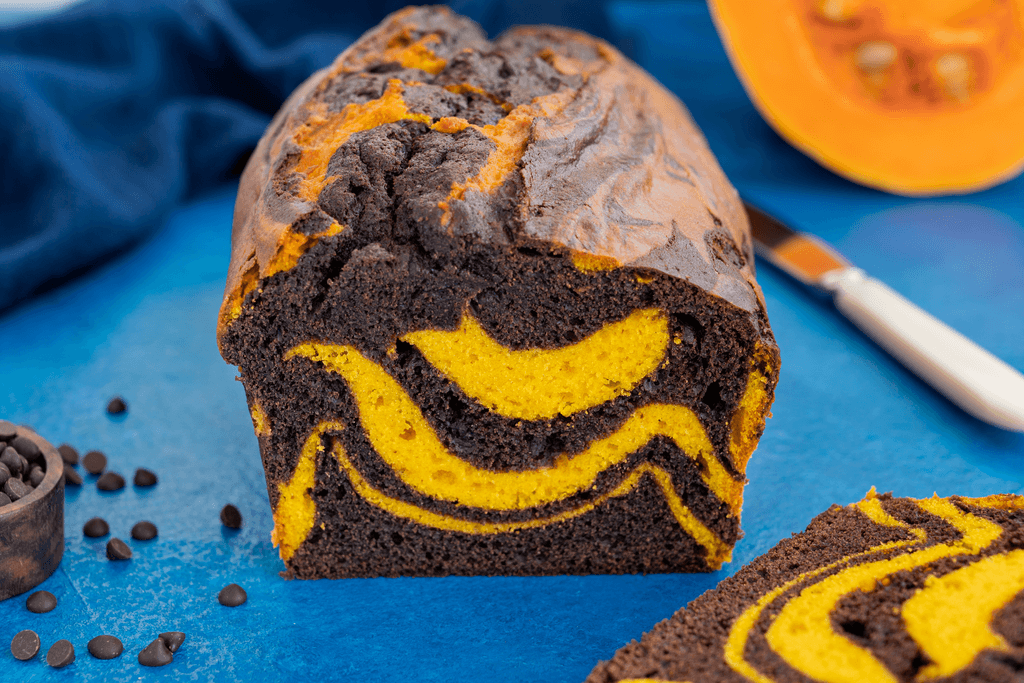
Hojicha powder gives the hojicha swirl its rich color and flavor. The hojicha swirl’s final flavor is toasty, nutty, earthy, and chocolatey, with hints of hojicha and pumpkin. Hojicha powder is the simplest way to add a roasted green tea taste to baked goods. People can also use it as a substitute for cocoa powder in other loaf recipes to create lovely marbling effects.
Chiffon cake
This chiffon cake has a more roasted flavor when featuring hojicha. The fluffy and light texture of chiffon cakes makes them ideal for carrying the hojicha flavor without masking it. The cake is delicious as a dessert or with morning or afternoon tea.
Spicy crinkle cookies
When it comes to baking for the holidays, crinkle cookies are the finest way to give your home a magical winter wonderland atmosphere. Hojicha powder, used to make these pillowy cookies, gives them a beautiful, rich roasted cocoa flavor.
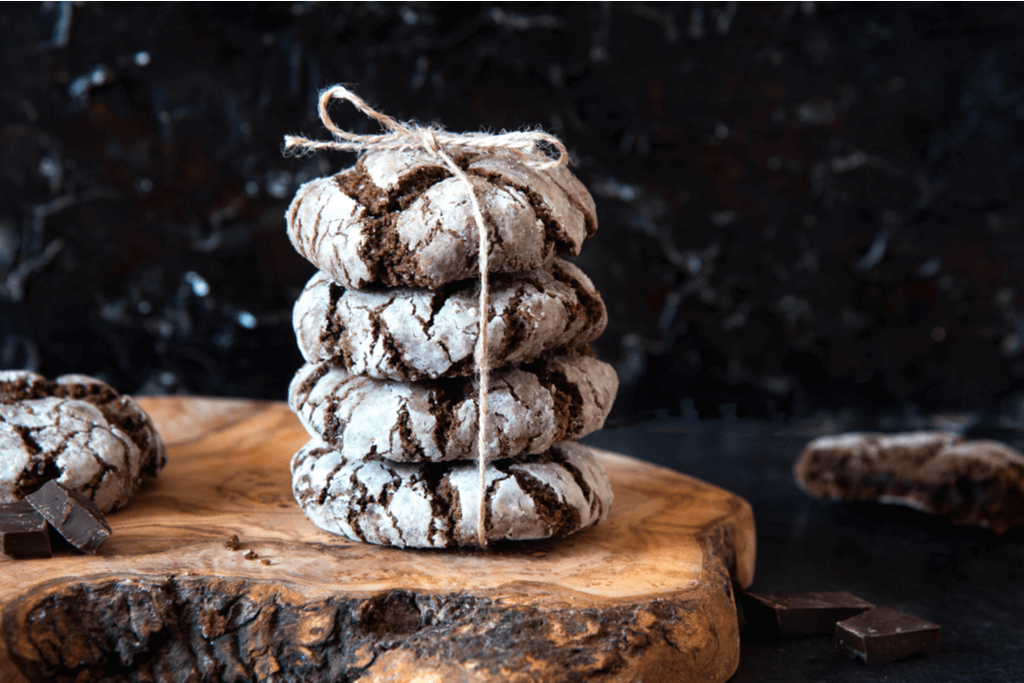
The tea powder also helps to deepen the color for that visually striking contrast between the cookie dough and the snowy sugar coating. Don’t be alarmed by its turning a light shade of green the next day, as hojicha comes from green tea.
Coconut macaroons
Fans of coconuts, rejoice! These heavenly coconut macaroons are a delightful afternoon treat! They were bursting with toasted notes and garnished with a tempting chocolate drizzle.
Not to be confused with french macarons, macaroons are small cookies where shredded coconut is the star of the show! Not to mention, hojicha powder has a deeply roasted flavor that pairs incredibly well with the nutty and toasty coconut.
Tahini spread
The ideal topping for your next toasted bread is this nutty, toasty, and silky hojicha tahini spread. Halva, a delightful delicacy made from powdered sesame seeds and sugar, inspired this unique spread. To emphasize, halva works well with different seeds, nuts, and spices to create a sweet dessert that resembles a crumbly block of fudge.
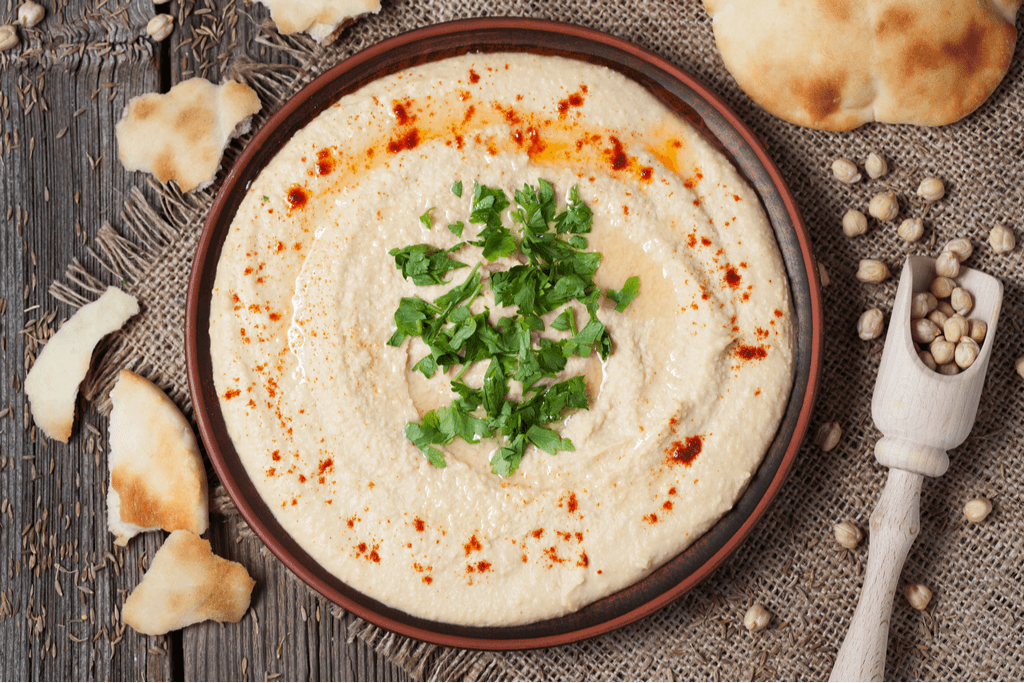
Tahini is the main ingredient in the sweet spread, while cocoa powder is one of the more popular additions. If you have enjoyed the chocolatey spread, you won’t regret trying a tasty tahini spread!
With the addition of agave, the mildly savory flavors shine in perfect harmony. The sweetness undoubtedly transforms the spread into a decadent sweet delight, bringing out the rich cocoa overtones of the roasted green tea powder.
Looking to enjoy Japanese drinks and sweets without leaving your home? Check out Sakuraco! Sakuraco delivers traditional Japanese snacks, teas, sweets, and snacks from local Japanese makers directly to your door so you can enjoy the latest treats instantly from Japan!

Drinks that feature Hojicha
Tea latte
A hojicha latte is a drink of milk, water, and Japanese roasted green tea. Using Hojicha Powder is the easiest way to make a hojicha latte. This powdered tea comes from finely milled roasted tea leaves, and similarly to matcha green tea, you get to consume the entire tea leaves. The hojicha tea latte has a sweet finish and frothed cream top.
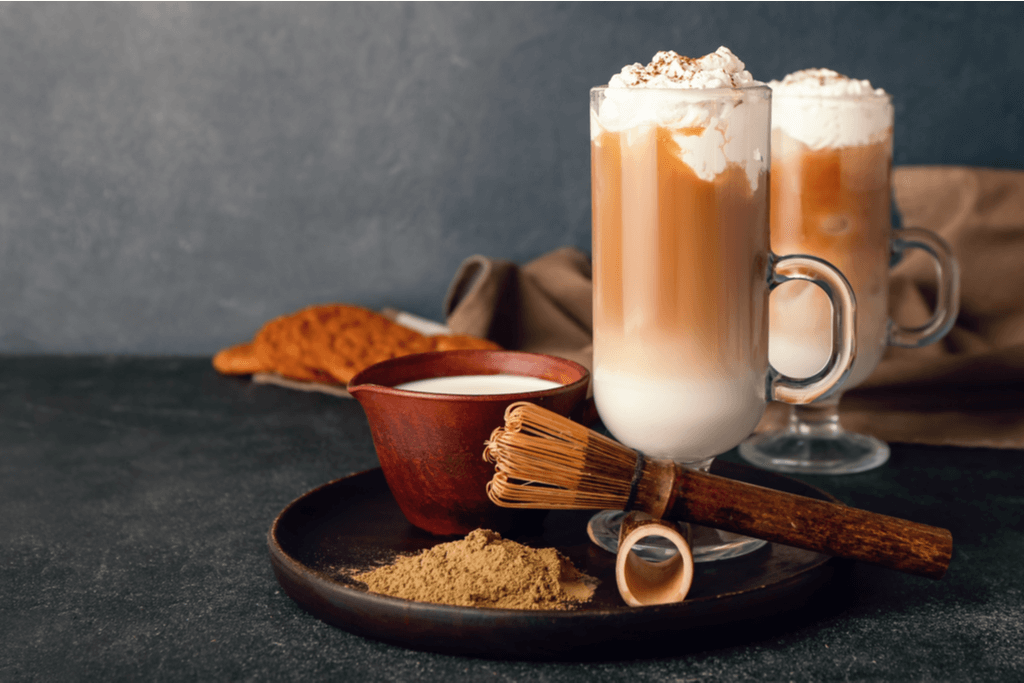
The latte tastes toasted, nutty, and earthy and has a sweet and pleasing aroma. Tea drinkers, coffee lovers, and even those who generally prefer plain hot chocolate can all find satisfaction in this fantastic roasted tea latte, which includes undertones of caramel and cocoa.
Iced Kyoto fog
The main ingredients of a Kyoto Fog (either hot or cold), like the London Fog, are tea, milk, and a dash of vanilla syrup. Hojicha powder is the perfect tea for the Iced Kyoto Fog. The roasted flavor of the tea powder makes it ideal for enjoying a latte with any milk or milk alternative.
Gingerbread latte (with a twist)
The Gingerbread Hojicha Latte has a warming, perfectly balanced spicy flavor thanks to adding ginger, cinnamon, and cloves. Whole spices in boiling water make for a smooth and intensely flavorful taste. After adding hojicha Powder and your preferred milk, the infusion involves whisking. Molasses and brown sugar give the hot latte smoky sweetness and enhance its flavor and scent.
Bubble tea
Hojicha bubble tea combines Japanese roasted green tea, Japanese milk tea, and boba. It’s also an excellent iced milk tea.
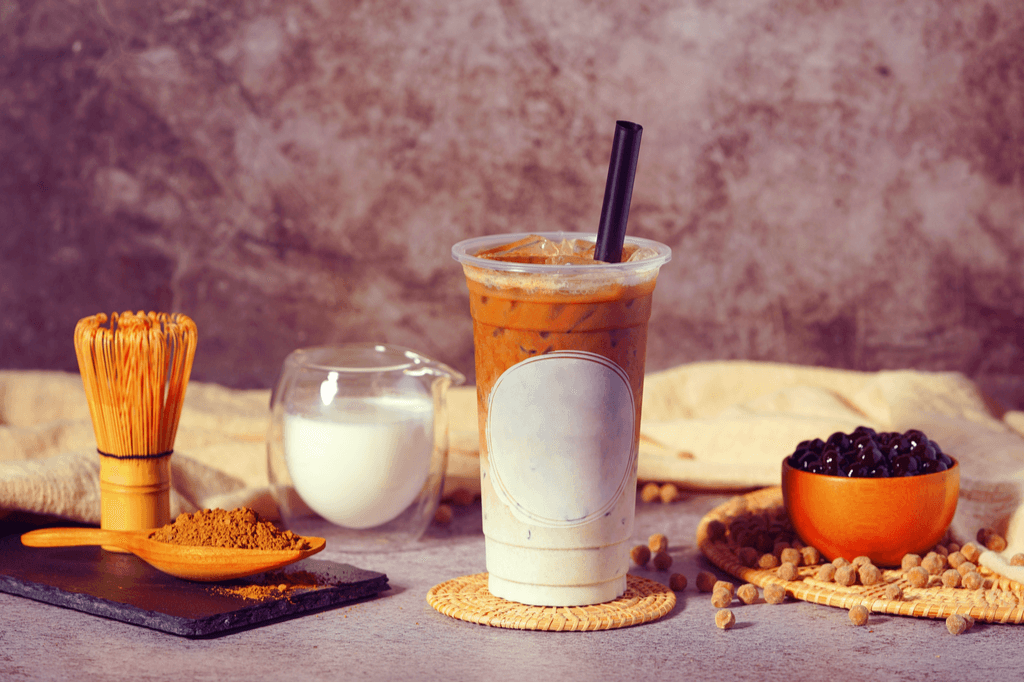
A thick layer of foamy bubbles rises at the top after shaking the ice and hojicha milk tea, giving the beverage its name. This boba tea is refreshing, smoky, sweet, and full of roasted tea flavor notes.
Fizzy yuzu Hojicha
We combined two distinct Japanese flavors to create the Fizzy Yuzu Hojicha, inspired by the well-known espresso tonic. You’ll especially love this fizzy alternative if you’re a massive fan of soda or seltzer. The aesthetically pleasing fizzy beverage is light, sweet, and fragrant.
In the first layer, uses sweet yuzu marmalade instead of tonic and sparkling water yuzu is a fragrant citrus fruit with a sharp sour flavor. In addition to its distinctness, yuzu marmalade is precious, which helps the top layer float.
For the second layer, baristas use a double shot of roasted green tea. Whisking cold sparkling water with the hojicha powder is essential to carbonation. Combining this enticing beverage, yuzu, and roasted green tea makes an unexpectedly tasty pairing.
This powder can be used easily in several applications as an extraordinary flavor element for sweets and drinks. No matter how you enjoy it, you will still enjoy the many benefits of roasted green tea.
Do you have a favorite hojicha-flavored sweet or drink that you would like to try? Let us know in the comments below!
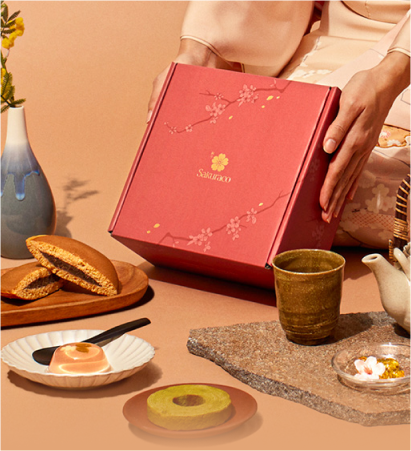
Discover authentic flavors with Sakuraco
Get Sakuraco 

Discover authentic flavors with Sakuraco
Get Sakuraco 
Related Articles
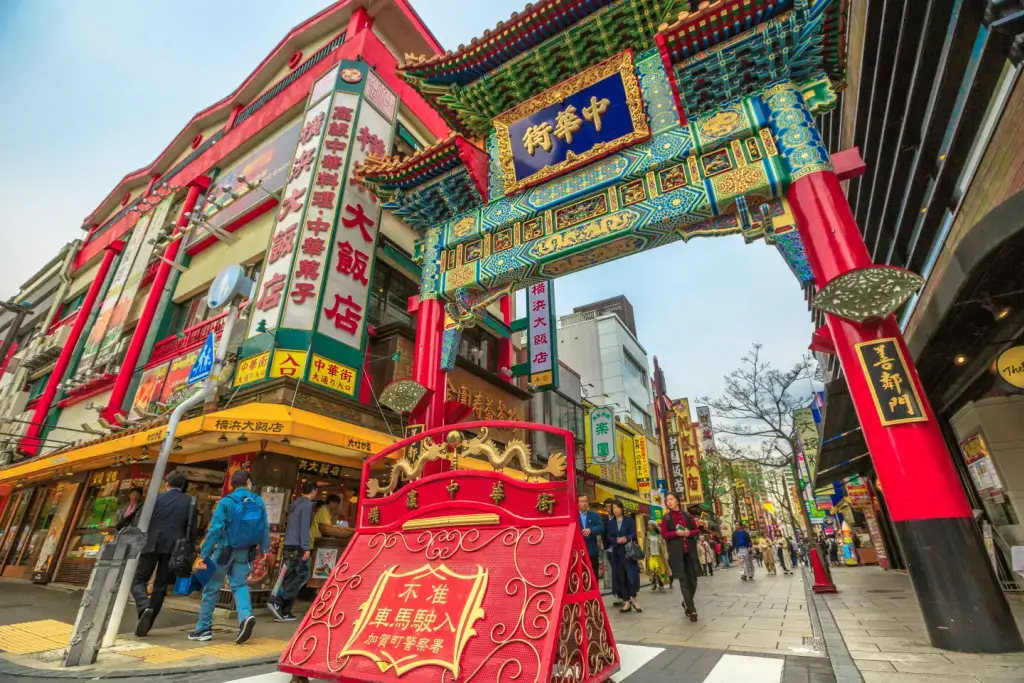
Yokohama Chinatown: Everything You Need to Know!
Yokohama, a city just south of Tokyo, is home to the largest of Japan’s three Chinatowns, called “chukagai” in Japanese. Established in the late 19th century, Yokohama Chinatown is a historic area home to hundreds of businesses.
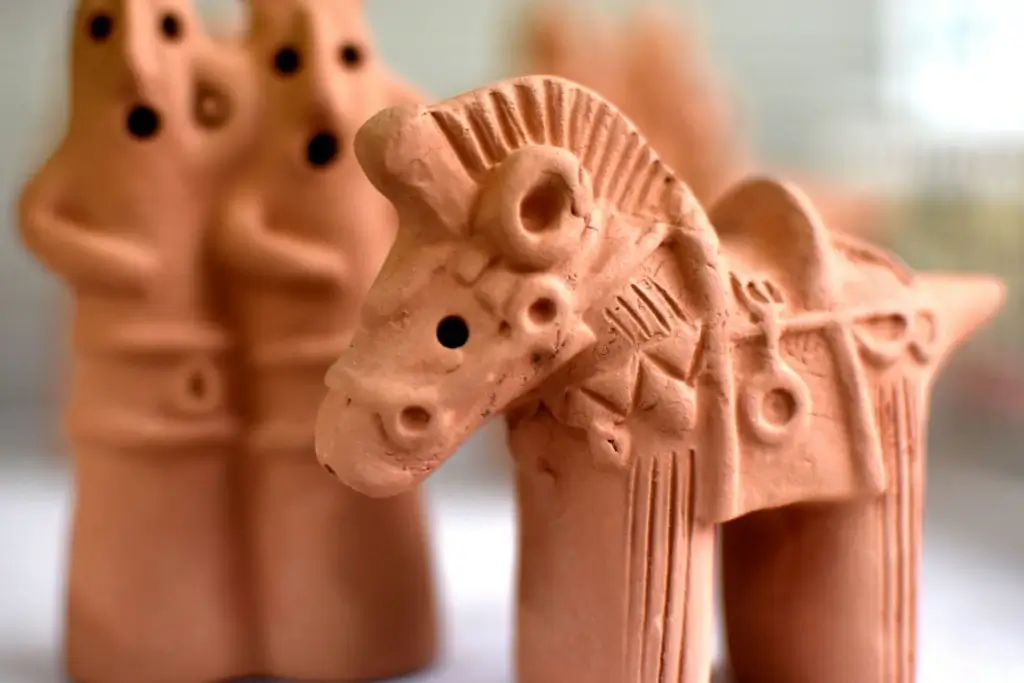
Yamato Period: A Look at Japan’s Early Path to Unity
The Yamato Period laid the foundation for modern Japan. Powerful clans emerged to shape the islands’ future and form the country’s first early states.
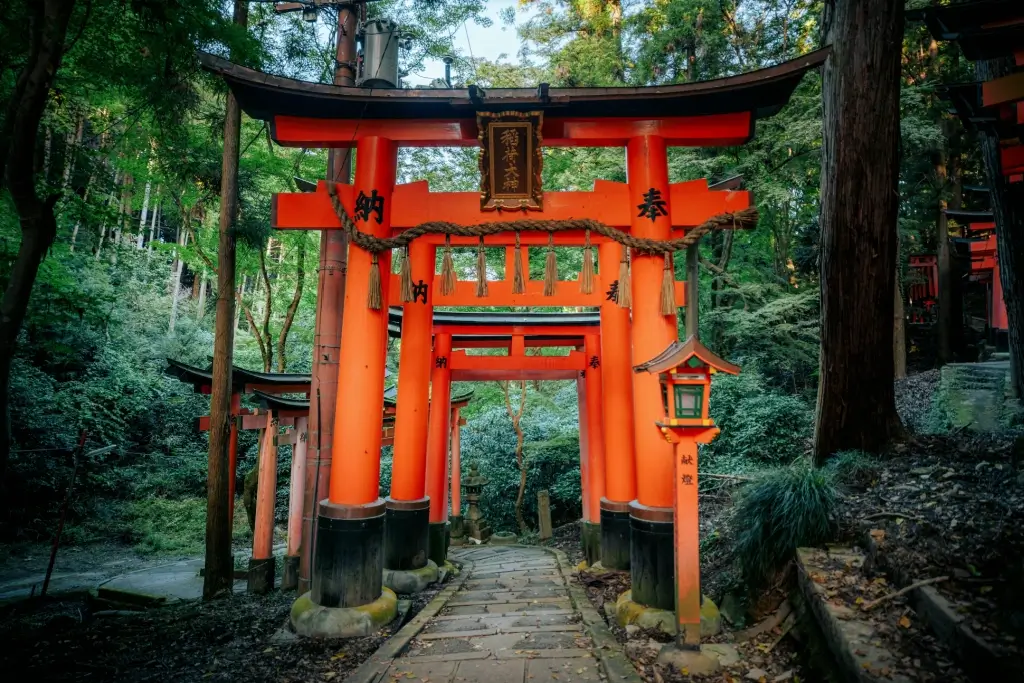
Kyoto Shrines: Five Best Ones to Visit!
Kyoto shrines preserve history within their walls, and their network carries the old days into modern Japan. Visiting them can be a memorable way to learn about Japan’s past and understand how spiritual traditions coexist with modern life.
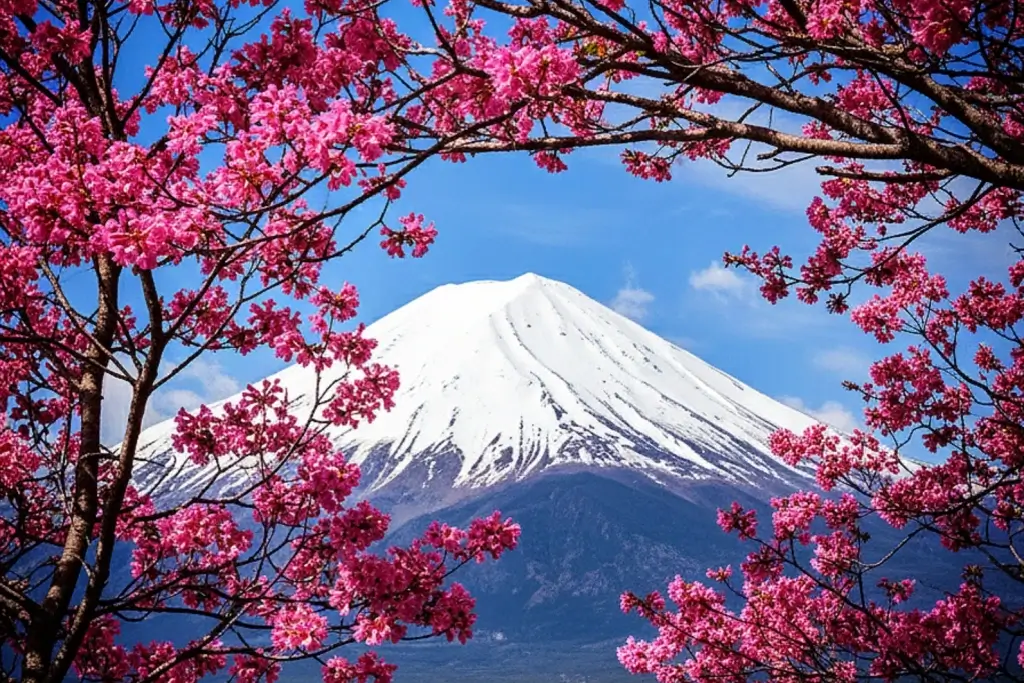
Cherry Blossom Flower Variety Across in Japan: The Ultimate Guide!
Many people know the soft pink cherry blossoms. However, sakura in Japan includes a wide variety.


